Recently I’ve re-connected with some old friends who cannot wait to retire. They’re ready to do what they’ve “always loved doing” because for one reason or another, they didn’t end up doing it in their regular work.
If you are stuck in a job you don’t like, tapping into your Theatrical Intelligence can help. Identifying your inborn talent(s) that may have gone underground in your adult life, can get you unstuck.
Try this:
Think back to your childhood. Remember the neighborhood where you grew up? Close your eyes, take a deep breath, and inhale the smell of that long ago place. If the neighborhood isn’t clear, or you moved around a lot, picture a time when you shared secrets with your closest friend…
Was there a time when you and your friends decided to put together an event of some kind? A gymnastics demonstration? A neighborhood circus with performances by your pets? Maybe a swimming show with a lemonade stand? Whatever it was, YOUR part in this event made you really proud.
Write down what you remember. I’m willing to bet it resembles one or more of The 8 Roles of Theatrical Intelligence:
1. The WRITER: You had an idea and wrote it down. You understood the concept: tell the audience, tell them again, and tell them that you told them; with humor, drama and clarity.
2. The ACTOR: You performed. You lived moment-to-moment. You understood that timing is everything, and that theatre isn’t larger than life – it is AS LARGE as life!
3. The DIRECTOR: You “saw” the ideas as if they already existed, then staged it to please the audience. Your friends placed their trust in you because you gave them positive feedback about their strengths, and you made them feel good about themselves.
4. The PRODUCER: You thought up the whole event, assigned your buddies the tasks that matched their strengths, sold the idea to everyone in the neighborhood and got them to pay for tickets. You invited everyone you saw, and one restaurant owner was so enthusiastic he threw an after-show party at your request.
5. The DESIGNER: You envisioned the environment for the event. You drew it with vivid strokes and it took on a life of its own. You told your friends what to build, what to wear and why they had to wear it in spite of their objections (and they thanked you for it afterwards!)
6. The STAGE MANAGER: You knew that your best buddy’s vision could be built. You crafted the schedule as to what had to be done by when, so your friends would have a chance to practice. You arranged parking places for bikes, strollers, cars, and managed the traffic and access to rest rooms.
7. The TECHNICIAN: You made calculations from your friend’s drawings, found the right person to donate materials and stayed up all night building the set. You finished on time, and with no budget. When people got nervous and asked “What’s happening?” you replied “Workin’ on it!”
8. The CRITIC: You recognized problems from the get-go, and knew that if it had been approached from a different perspective it would have worked better. But heck, it was fun, and set the precedent for the next time. You wrote a flattering article for the Neighborhood News, in which you had instigated the “Kids’ Column”.
Do any of these roles sound familiar? Even at an early age your Theatrical Intelligence was at work.
What made your event so unforgettable? What worked?
You wanted everyone to talk about the event all week! That is the first of The 6 Principles of Theatrical Intelligence:
1. Everyone shares the same goal.
Next, everyone would’ve been mortified if no one showed up, if one of the pets didn’t cooperate, or if the setting wasn’t finished. Embarrassment doesn’t begin to describe it! That’s the second principle:
2. Everyone shares the risk.
What else worked? Everyone worked together and beat the deadline! Third principle:
3. Collaboration rules!
The 4th principle takes over (sometimes against all odds) when a show is being developed:
4. The work matters.
Chances are that you experienced 4 of The 6 Principles before you were 8 years old.
(The 5th and 6th principles occur when there’s a more sophisticated level of production: 5. Failure is your friend, and the fastest way to learn. 6. Success comes with the courage to step into the unknown. We’ll take those on later.)
I believe that every one of you was born with Theatrical Intelligence. As a kid, chances are that you played at least two roles with complete abandon. And as you morphed into a grown-up, you may have ended up playing a role that didn’t quite fit. It happens to many of us.
What was the role you were born to play?
Are you currently playing it?
If not, when did it go underground?
How will you get it back?
The goal of Theatrical Intelligence is to IDENTIFY the role(s) that gave you such joy and freedom as a child, and put them to USE in your daily life.
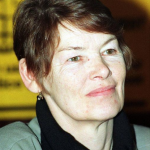
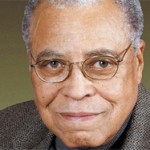


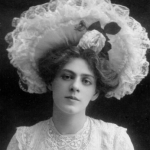

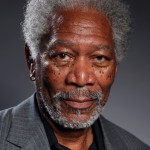


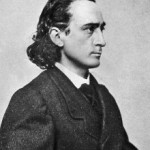
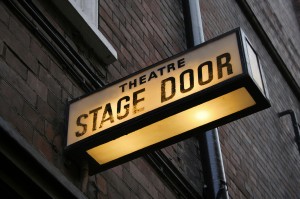
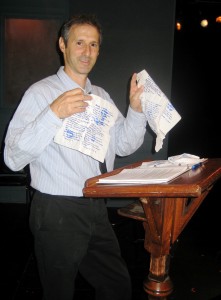
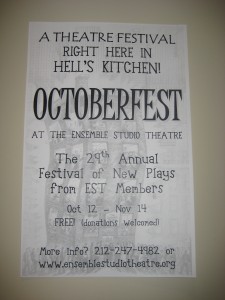
Recent Blog Comments